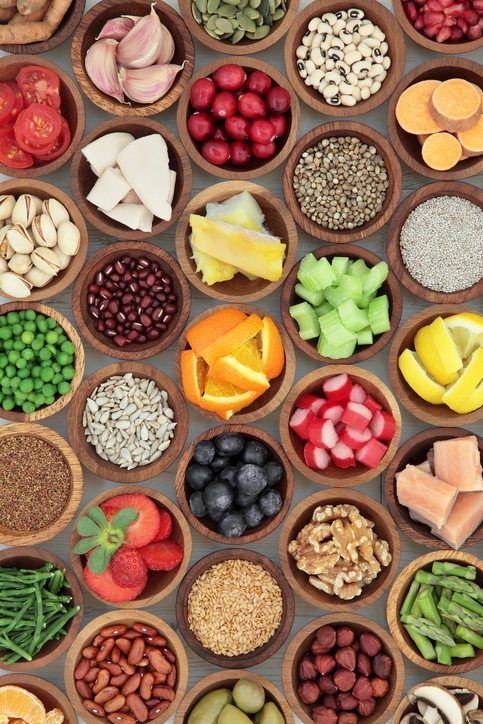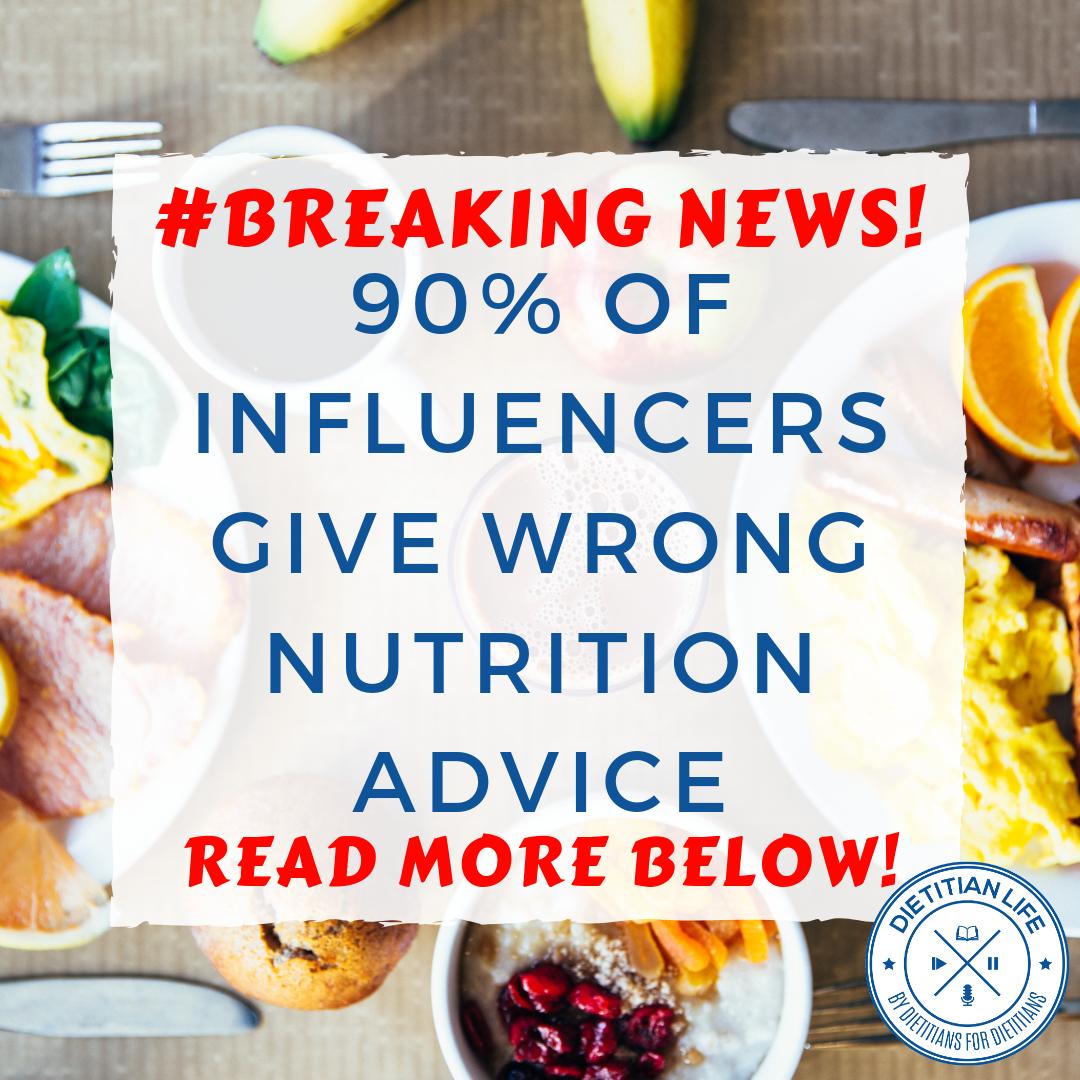
It is crucial that your child receives a variety nutrients. When you are considering food choices, be sure to choose those with lean protein. This can come in the form of meat, fish and poultry as well beans, seeds or nuts. Vegetables can also be good options, provided they aren't processed and have low sodium levels. Whole grains are best for children, especially those made from whole wheat, which have more fiber than refined grains. Dairy products are good sources of calcium, while low-fat milk is also a good choice.
In addition to fruits and vegetables, children should drink plenty of water. Water is essential for maintaining body temperature and cell function. Children should drink a variety of water, depending on age and gender. High-calorie food can put children at risk for tooth decay, weight loss, and heart disease. It may also increase their chance of developing type II diabetes. These foods should not be included in the child's diet. In addition to fruits and vegetables, eat a variety of whole grains.

Remember that your child should have a balanced diet. Before making any changes in your child's diet, you should consult your physician. Talk to your pediatrician before you start introducing new foods. Fiber should not be added to the diet of your child as it can interfere with their ability to absorb vitamins and minerals.
You should be familiar with the following important facts about child nutrition. Although it may not be possible to include all nutrients in a child's food, the basics are important. As your child grows, their vitamin and mineral needs will change. It is important that your child receives adequate calcium each day to ensure their overall health. By eating plenty of fruits and vegetables, you'll help them develop healthy habits.
You child will need a lot more energy than calcium. Their bodies grow at a rapid rate and require many nutrients. It is important to choose foods high in energy. A low-fat diet could lead to them becoming underweight. These foods should also have high levels of vitamins and minerals. Remember that young children may require different amounts of vitamins and minerals depending on their level of activity.

It is important that children are educated about which foods are best for them. The right amount of vitamins and minerals must be included in a child's diet. A child's BMI is determined by their weight and height. Your pediatrician should be consulted. It is important to choose healthy foods for your child. There are many food options on the marketplace that are rich in vitamins and minerals.
FAQ
What is a good seven-day workout routine?
A seven-day program should include three days of cardio training (running, biking and swimming), two strength exercise (using free weights or weight machines) and one flexibility/core work out (yoga, Pilates). Each activity should be performed at least once each week. Each session should not last more than 45 minutes.
Cardiovascular Exercise: Running, Biking, Swimming
You should aim to get at least 60 mins of cardio exercise per week. Try to do 75 minutes per semaine for the best results. Cardio exercises can increase blood flow and stimulate the growth of muscles.
Strength Training
Cardio exercises focus on the heart and lungs while strength training targets muscles and bones. Strength training helps you burn calories even while resting.
Flexibility & Core Workouts
Your whole body will be stronger if you have flexibility and core training. Both yoga and Pilates can be great choices.
How do I build muscle quickly?
The best way to quickly build muscle is to eat healthy and exercise regularly.
It is best to exercise in the morning, when you feel fresh and ready to go!
It is a good idea to do exercises like push-ups (pushes), bench presses (squats), and so on.
You can try different weight training methods and remember to drink lots of water throughout the day.
Cardio Exercise: Good or Bad for Your Health?
Cardiovascular exercise offers many benefits. It improves blood circulation, strengthens your heart muscle, increases stamina, helps you lose weight, and gives you energy.
Cardiovascular exercise includes running, biking, hiking, swimming, tennis, basketball, soccer, volleyball, football, etc.
It is important to remember that cardio exercises should not be performed at high-intensity levels. This could result in injury.
Only do the cardio exercise when you are feeling good.
Do not push yourself to the limit. You could injure yourself if you do.
Warm up is the best way to start cardiovascular exercise. Next, increase your intensity gradually.
Always listen to your body. If you feel pain when doing cardiovascular exercise, you should immediately stop.
After a cardiovascular training session, it is recommended that you take some time to relax. This gives your muscles the chance to heal.
Cardiovascular exercise is an important part of losing weight.
It is the most effective way to burn calories and reduce belly fat.
Statistics
- Get free shipping and 25% off today. (healthline.com)
- 10 pounds in a month is likely during a lean bulking phase, especially for beginners. (muscleandstrength.com)
- An estimated calorie range for moderately active adult males falls between 2,200 to 2,800 calories per day, depending on age. (eatright.org)
- According to the American Heart Association, blood pressure should be checked at least once every two years, beginning at age 20. (my.clevelandclinic.org)
- By John Thompson Take a whopping 38% off a set of PowerBlock Pros. (menshealth.com)
External Links
How To
What should I eat before going to the gym?
Losing weight requires you to consume fewer calories than what you burn in exercise. All your nutrients must be consumed.
These include protein, carbohydrates and fats as well as vitamins.
The best way to do this is by eating smaller meals throughout the day rather than three large ones.
Working out if you are hungry can cause you to perform poorly.
Instead of drinking energy drinks that are high in sugar and caffeine, you could drink water. This will help you stay hydrated as well as energized.
You should ensure that you get enough fluids. Your electrolytes could be diluted if you drink excessive water.
For proper functioning, the body requires electrolytes.
If you don't have access to water, you could drink sports drinks. These drinks contain minerals such as sodium, potassium and calcium.
These electrolytes can be replenished by this method. They won't be able to replace the electrolytes you have lost through sweating.
You can take multivitamin pills if you are concerned about salt loss during exercise.
These products contain more vitamin B6, which regulates the level of sodium in the body.
You shouldn't depend on supplements if there isn't enough salt in the food or drinks you consume.
They aren’t regulated under the Food and Drug Administration.
Sports drinks, for example, can have higher sodium levels than others.
Some sports drinks may even contain artificial sweeteners or preservatives. These additives could cause digestive issues.
If you are concerned about over-salting, you can use sea salt.
It contains less chemicals than table sodium.
Sea salt also has low levels of iodine which is another mineral that is essential for healthy thyroid function.